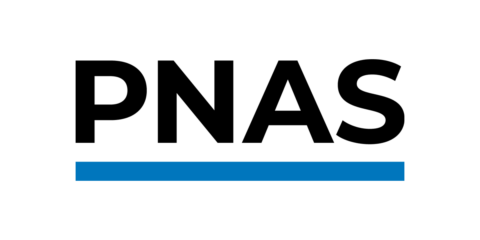Epigenetic age can fluctuate by five years in a single day
“It’s a study I’ve been waiting to see for a long time.” – Trey Ideker
Epigenetic changes—in particular, DNA methylation, which can regulate gene expression—are thought to accumulate over years or decades, “but not over short periods,” says Art Petronis, a chrono-epigeneticist with dual appointments at the University of Toronto, Canada, and Vilnius University in Lithuania. But in a recent study in Aging Cell, Petronis and coauthors found that epigenetic age actually fluctuates throughout the course of a day.
 Amy McDermott
Amy McDermott
May 3, 2024